Reversing Colon Cancer With Food
In 1970, British physician Dennis Burkitt observed that a high-fiber diet reduces diseases of the digestive tract. He observed that in countries where diets are high in fiber (that is, plant-based diets), there were fewer cases of colon cancer. Around the world, this has proven true. The highest fiber intakes are found in nonindustrialized nations where meat is scarce and plant foods fill the menu. Animal products contain no fiber. The United States and other Western nations whose diets are based upon animal products have the highest rates of colon cancer.
While no one is certain exactly how fiber protects against digestive tract disorders, there are several possibilities. By definition, fiber cannot be digested by humans early in the digestive process. It moves food more quickly through the intestines, helping to eliminate carcinogens. It also draws water into the digestive tract. The water and fiber make fecal matter bulkier, so carcinogens are diluted.
Bile acids are secreted into the intestine to help digest fat; there, bacteria can change the acids into chemicals that promote colon cancer. Fiber may bind with these bile acids and evict them from the intestines.1 Also, bacteria in the colon ferment the fiber creating a more acidic environment which may make bile acids less toxic.
Fiber is also protective against other forms of cancer. Studies have shown that stomach cancer and breast cancer are less common on high-fiber diets.2,3 Fiber affects levels of estrogens in the body. Estrogens are normally secreted into the intestine, where the fiber binds with the hormone and moves it out of the body.4 Without adequate fiber, the estrogen can be reabsorbed from the intestine into the bloodstream. High levels of estrogen are linked to a higher risk of breast cancer.
In the U.S., the average daily fiber intake is 10 to 20 grams per day. Experts recommend 30 to 40 grams per day. The best sources of fiber are whole grains, beans, peas, lentils, vegetables, and fruits. Foods that are closest to their natural state, unrefined and unpeeled, are highest in fiber.

























June 14, 2016
Thank You and keep up the good work.
October 3, 2021
I am and have been reading Naked Foods since day 1
I appreciate all the wealth of information you bring to the table.
I try to stay healthy and apply your knowledge you have shared with your readers.
Stay well and Blessed. Thanks Again